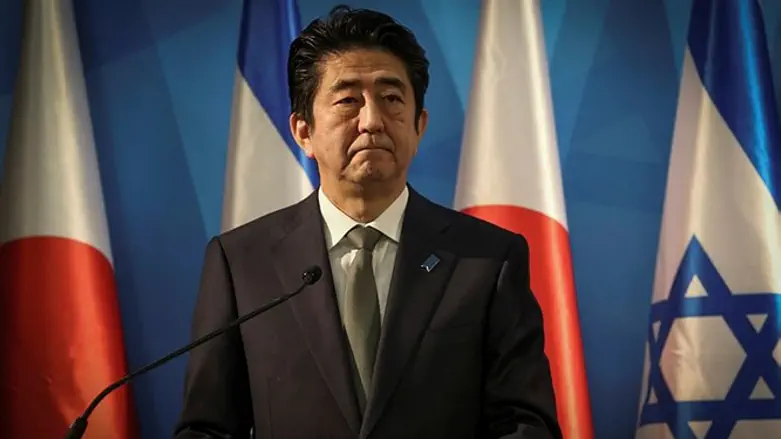
North Korea’s ballistic capabilities pose a security threat to Japanese security. Pyongyang has stated outright that Japanese and American bases in Japan are legitimate targets in case of war on the Korean Peninsula, or in retaliation for any limited strike on the DPRK.
For the time being, Tokyo does not face possible invasion by the DPRK. The more pressing issue is the ballistic missile threat.
Tokyo has several policy strategies it might consider with which to deal with this threat:
1. Defensive strategy: upgrade Japan’s missile defense system
Tokyo can purchase several more PAC-3 systems, which would allow it to better defend Japan’s cities and strategic industrial sites. It should upgrade its Aegis missile defense systems and improve synchronization with both the US Ballistic Missile Defense (BMD) and the South Korean missile defense systems, which would improve the multi-layer defense shield over Japan. An upgraded missile defense shield would allow Japan to decrease the number of North Korean missiles that might hit Japan in case of war (though it should be remembered that no system can offer a 100% guarantee).
Bear in mind that the new North Korean ICBM missiles do not pose a direct threat to Japan, but to the US mainland. In case of an ICBM launch towards the US or middle-range ballistic missile launch towards US bases in the region, Japan might be asked to operate its MD to intercept them.
2. Offensive strategy: take preemptive military action
Although Tokyo is subject to constitutional and other legal restraints, Prime Minister Shinzo Abe has continued to implement an incremental change in Japan’s defense policy that allows Japan to respond militarily to regional threats. Over the past decade, Japan has obtained offensive military equipment that would enable it to attack North Korean missile launch sites as part of its self-defense policy, should a threat arise.
According to Article 51 of the UN Charter, a state can initiate a preemptive strike if non-military options fail to prevent an anticipated attack. Under this definition, Tokyo or Washington can initiate a preemptive strike on North Korea’s missile sites if they have intelligence that Pyongyang intends to launch nuclear missiles towards Japan, directed either at US bases or at the mainland.
That being the case, Japan should consider further upgrading its air power in order to build credible deterrence against the DPRK. Japan should consider acquiring at least two F-35 squadrons and expanding its Unmanned Aerial Vehicles (UAV) capabilities. This should include UAV attackers, which would allow Tokyo to target the missile launchers in North Korea.
It should be recalled that even if Japan does improve its air power capabilities, it cannot attack the DPRK without Washington’s support and military backup.
3. Enhance the US-Japan alliance
The US-Japan alliance is the central pillar of Japan’s security policy. Tokyo should consider ways it can bolster the alliance and improve coordination with the Trump administration. Japan could, for example, conduct further air and sea military drills with US forces, which would both improve synchronization and serve as a show of force to deter the DPRK – although Pyongyang, which is clearly willing to challenge the boundaries of brinkmanship, may not, in fact, be deterred.
4. Enhance Japan’s relationship with the Republic of Korea
Moon Jae-in, South Korea’s new president, began his term by expressing an optimistic policy towards the DPRK. Current events have led him to become slightly more hawkish while keeping the door open for diplomacy with the DPRK.
Tokyo should work with Seoul on solving some of their disagreements over political and diplomatic issues. A unified Tokyo-Seoul front could turn up the heat on Pyongyang – although it might also raise questions in Beijing.
5. Multilateral negotiation
It may be that a multilateral negotiation mechanism, such as the Six-Party Talks, is established after the current crisis dies down (and ahead of the next one). Tokyo should demand that it be permitted to take part. It should not allow Washington, Beijing, and Moscow to push it aside.
Dr. Alon Levkowitz, a research associate at the Begin-Sadat Center for Strategic Studies, is an expert on East Asian security, the Korean Peninsula, and Asian international organizations.
A BESA Center Perspectives Paper, published through the generosity of the Greg Rosshandler Family